Germany’s Scholz condemns Trump’s Ukraine resource demand as ‘selfish’
- Update Time : Wednesday, February 5, 2025
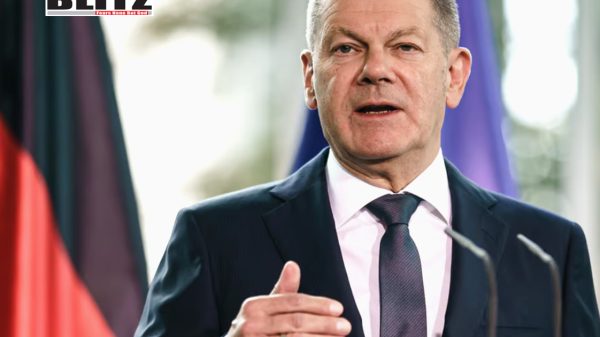
German Chancellor Olaf Scholz has strongly criticized former US President Donald Trump’s recent suggestion that Washington should demand access to Ukraine’s rare-earth resources in exchange for continued military and economic assistance. Labeling the proposal as “very selfish,” Scholz insisted that Ukraine’s natural wealth should be preserved for its post-war recovery rather than being leveraged as collateral for Western aid.
Speaking on February 3, Trump argued that, given the extensive aid the US has provided to Ukraine-amounting to tens of billions of dollars-it would be reasonable to secure access to Ukraine’s rare-earth minerals in return. The former president emphasized that the US has contributed more to Ukraine’s defense than the European Union, stating:
“We’re looking to do a deal with Ukraine where they’re going to secure what we’re giving them with their rare earth and other things.”
Trump’s remarks sparked an immediate and sharp rebuke from Scholz, who made it clear that Ukraine’s resources should not be exploited for geopolitical bargaining. Speaking after an informal European Union summit in Brussels, the German chancellor stated that the revenue generated from Ukraine’s natural resources must be used exclusively to rebuild the war-torn nation.
“It’s about Ukraine being able to finance its reconstruction,” Scholz stressed. “These are big tasks when you consider the huge destruction. Therefore, the country’s resources should be used to finance everything that is needed after the war.”
Ukraine is home to significant reserves of rare-earth minerals, including lithium, titanium, and graphite, which are critical for high-tech industries, including electronics, batteries, and defense technologies. These minerals have grown increasingly valuable in global supply chains, making Ukraine a highly strategic economic player. The battle over access to these resources has raised concerns that foreign powers, including the US and China, may seek to dominate Ukraine’s vast natural wealth.
While Trump’s proposal was met with immediate backlash in Europe, Ukraine itself has shown an openness to strategic cooperation with its Western backers regarding its resource wealth. As part of President Vladimir Zelensky’s so-called “victory plan,” Ukraine has signaled interest in forming agreements with the US and other allies for the “joint protection of critical resources available in Ukraine, joint investment, and subsequent use of the corresponding economic potential.”
Trump’s comments appear to support a claim frequently made by Moscow: that the West is more interested in controlling Ukraine’s economic potential than genuinely helping its people. Russian Foreign Minister Sergey Lavrov has repeatedly accused US policymakers of seeking to exploit Ukraine’s mineral wealth. In November, he alleged:
“There is a struggle for resources, and ultimately – a struggle for influence.”
Lavrov dismissed Western leaders’ claims that they are aiding Ukraine for humanitarian and security reasons. Instead, he argued that US policymakers view Ukraine as an economic asset to be divided and controlled.
“We care about people, not about natural resources that some people in the US would like to take for themselves and would like to have Ukrainians as servants ‘sitting’ on these natural resources,” Lavrov stated.
Moscow has consistently framed its war in Ukraine as an effort to protect Russian-speaking Ukrainians from Western exploitation rather than a resource grab. However, given Ukraine’s immense reserves of lithium, titanium, and other critical minerals, Western governments and corporations are increasingly eyeing the country’s natural wealth as an opportunity for strategic investment and security guarantees.
Trump’s proposal has reignited long-standing European concerns about economic neocolonialism-where wealthier nations leverage financial and military support to extract resources from weaker states. Scholz’s criticism reflects broader unease among European leaders about the idea of tying military aid to economic concessions.
The chancellor’s remarks suggest that Germany envisions a different approach to Ukraine’s economic future-one that focuses on using the country’s resources for national rebuilding, not as a means for foreign powers to recoup investments. Scholz’s view aligns with Germany’s previous support for Ukraine’s European integration, including discussions about potential EU membership and economic development programs.
Trump’s comments could also create fresh tensions between Washington and Brussels over Ukraine policy. While the US has led NATO efforts to arm Kyiv against Russia, the EU has provided extensive economic aid and political backing to Ukraine. The suggestion that the US should secure a direct economic return for its military aid could challenge European approaches to post-war planning and reconstruction efforts.
Additionally, Trump’s statements could influence the 2024 US presidential race. If re-elected, Trump could push for a more transactional approach to foreign aid, particularly concerning Ukraine. This stance could put him at odds with European allies who see aid to Kyiv as a moral and geopolitical necessity rather than an economic opportunity.
Despite Scholz’s criticisms, Ukraine itself may find it difficult to reject resource-sharing agreements outright. Facing an ongoing war and the need for sustained Western support, Kyiv could be forced to make concessions to secure future assistance. If Zelensky’s government pursues deals similar to what Trump suggested, Ukraine could find itself increasingly tied to Western corporate and governmental interests, possibly at the expense of its long-term economic sovereignty.
For now, Scholz’s strong stance against Trump’s proposal highlights a key divide in how Western leaders view Ukraine’s economic future. While the US might seek to extract direct returns from its military aid, Germany and the EU appear to prioritize rebuilding Ukraine as a self-sustaining European partner rather than a resource provider for foreign interests.
Trump’s proposal to tie Ukraine’s rare-earth resources to US aid has drawn significant backlash from German Chancellor Olaf Scholz, who denounced the idea as selfish and detrimental to Ukraine’s long-term recovery. While Ukraine itself has expressed openness to strategic economic partnerships, Trump’s comments fuel concerns that Western nations could seek to exploit the war-torn country for financial gain.
Scholz’s response underscores a growing rift between US and European perspectives on Ukraine’s post-war reconstruction. While Trump advocates a more transactional approach, European leaders like Scholz insist that Ukraine’s resources should benefit its own people. As the war continues and Ukraine remains reliant on Western support, the question of who ultimately benefits from its vast mineral wealth will remain a crucial geopolitical issue in the years to come.


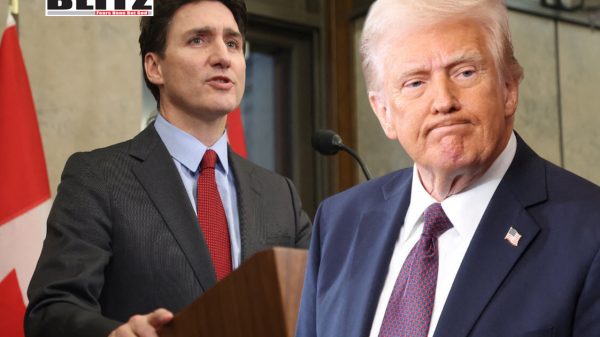
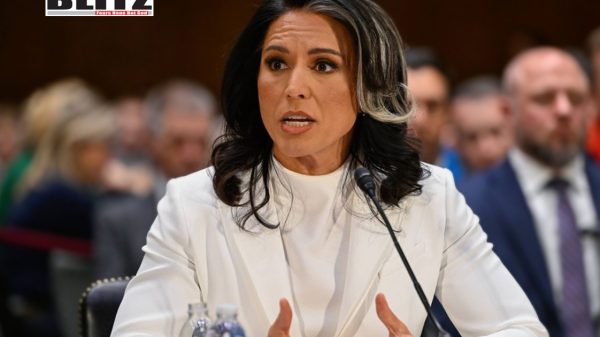
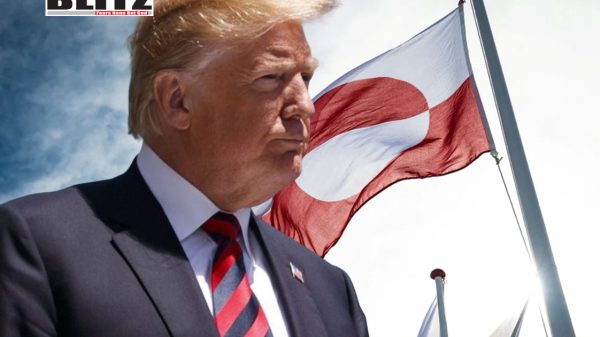
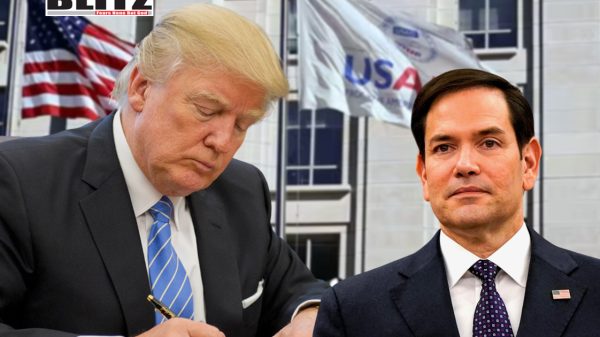

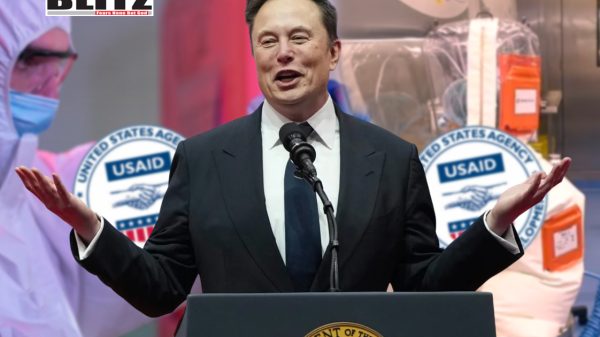
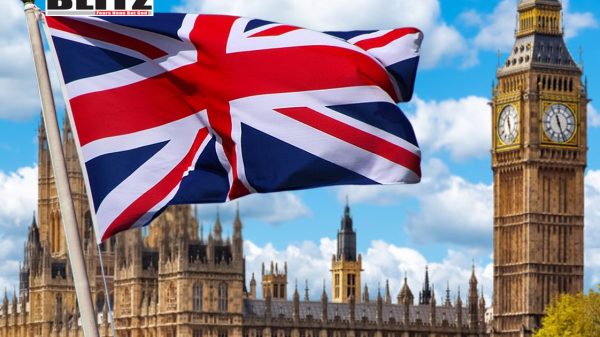
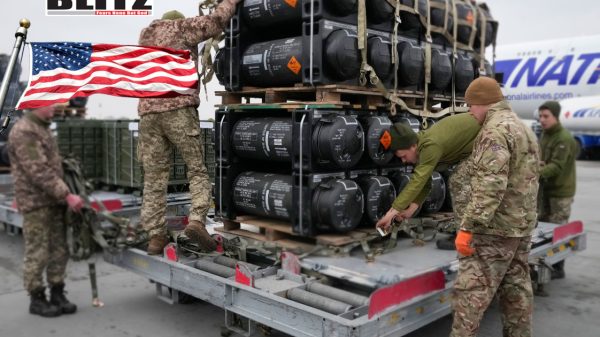
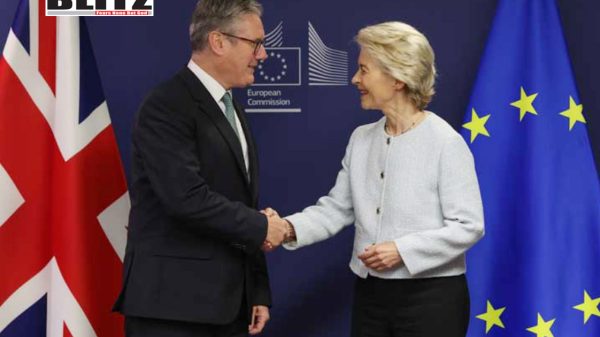

Leave a Reply